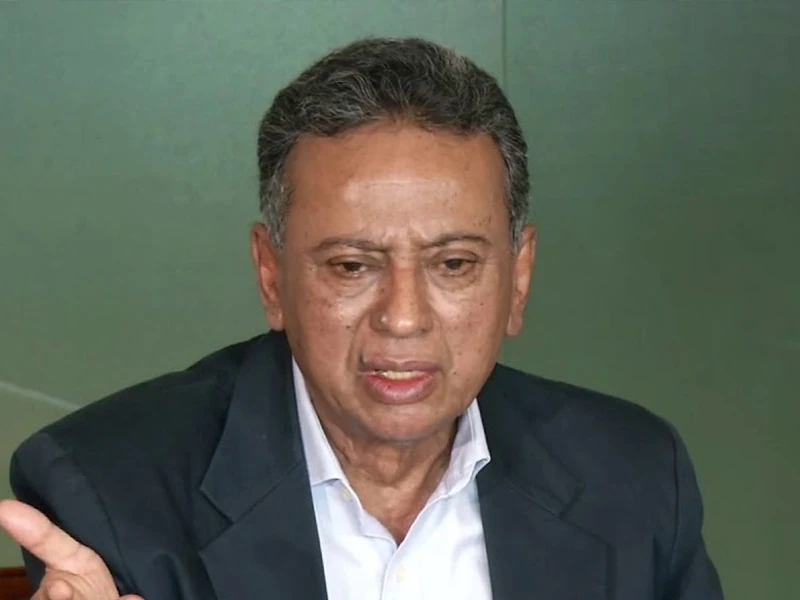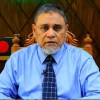BNP Standing Committee member Amir Khosru Mahmud Chowdhury has said that countries which returned quickly to democratic systems after a coup have fared better, while those that delayed the transition faced civil war and economic collapse.
Speaking at a seminar titled “Reform and Election: The Context of National Unity” held at the BIISS auditorium in Ramna on Saturday (27 Sept), he warned that Bangladesh must not follow the path of prolonged uncertainty.
Countries that delayed by engaging in endless debates slipped into civil war and economic disaster. They are not doing well. We cannot push Bangladesh in that direction, Amir Khosru remarked.
Expressing concern over the current situation, he said, “Even after 14 months, we are still debating. Yet our neighbour Nepal has already set an example by announcing election dates. After 14 months, Bangladesh has again become a country without representation.
He stressed that people want an elected government and a representative parliament with accountability and responsibility. On the question of reforms and national unity, he added: “Whatever consensus has been reached, let us close the chapter. Why so much debate about PR? Why are we constantly confusing and dividing the nation?”
At the same event, Rashed Khan, General Secretary of Gono Odhikar Parishad, strongly opposed the introduction of proportional representation (PR) in Bangladesh’s electoral system.
If elections are held under PR, there will be a constant buying and selling of MPs,” he warned. While rejecting PR for the lower house, he suggested that discussions could be held on applying the system to an upper house, should one exist.
Rashed Khan also expressed fear that the introduction of PR could rehabilitate the Awami League, potentially leading to new ethnic divisions and religious unrest.


 Prev Post :
Prev Post :
